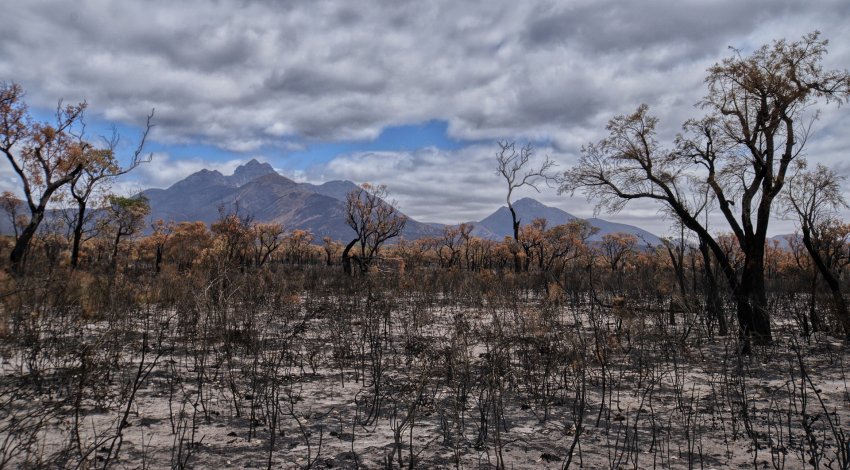
It may seem a surprise to learn that Australia’s sustainable development is currently ranked very low compared to other OECD countries.
The United Nations placed Australia 37 out of 193 countries using the Sustainable Development Goals (SDGs) ranking system.
Australia performed worse than its major trading partners: New Zealand ranked 16 (the highest-ranked country outside of Europe); Japan 17; South Korea 20; Canada 21; and the United States 31.
The global 2020 SDGs Report details how, before the pandemic, member states were not on track to meet their goals and the pandemic created more challenges. COVID-19 caused the first increase in global poverty in decades.
Australia’s 2020 SDG Report proposes targets, looks at how Australia is progressing and evaluates the effects of COVID-19.
It found that, while the country is tracking well in health and education, it is not performing as well on carbon emissions, waste and environmental degradation, cost-of-living pressures and economic inequality.
The report also highlighted how domestic violence has increased, finding that women have been disproportionately affected during the pandemic.
Out of the 56 indicators examined, 12 are “on track”, 10 need “improvement”, 23 are “off track”, and 11 need a “breakthrough”.
One indicator — distribution of wealth — noted the growing inequality. The pandemic has exacerbated economic inequality. Oxfam’s 2020 report Power, Profits and the Pandemic highlighted that the 25 wealthiest billionaires increased their wealth by a staggering $255 billion between mid-March and late-May. Australian billionaires became 50% richer during the pandemic.
Compared with other OECD countries, Australia is 70% higher than the average in terms of per capita material footprint — the total amount of raw materials extracted to meet final consumption demands — it has one of the highest in the world.
The 2020 Sustainable Development Report by the UN Sustainable Development Solutions Network (SDSN) revealed that Australia’s score for “climate action” is the second worst out of 177 countries. It comes after Kuwait, the United Arab Emirates and Qatar and only beats Brunei.
Australia also ranks among the worst for “responsible production and consumption” due to pollution from a manufacturing industry relying on coal and its lack of electronic waste policies.
SDSN 2020 calls for Australia to tackle sustainability with the same urgency it has for the pandemic.
Australia was ranked third in the COVID-19 index, showing it has the ability to commit to the science and take action to address sustainability.
The 2020 Whitlam Institute report No One Left Behind: Implementing the Sustainable Development Goals in Australia also said Australia lacks leadership, prioritisation and coordination and is yet to release a national plan for SDGs.
It recommends a new council comprising ministers and local government representatives develop a national SDG plan.
It said now is the time is right for the public sector to design a recovery strategy for long-term sustainable development.
Only half of all Australians are aware of the SDGs, with only one in six familiar with the goals. This compares to three in four adults being aware and a quarter on a global scale being familiar with sustainable development goals.
Increasing awareness and focusing on the goals — especially where a “breakthrough” is needed — is imperative for Australia’s ecological, cultural, political and economic health and well-being.
[Patrick McDonald is a student of environmental science.]